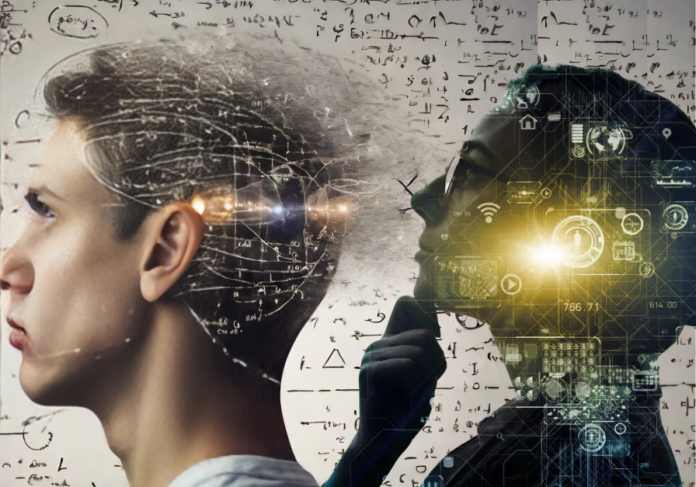A groundbreaking study in PLOS One uncovers the Science of Thinking, explaining why some people remain highly confident in their opinions, even when wrong. The research delves into the Science of Thinking, highlighting how individuals often believe they possess sufficient information to form solid judgments, even when crucial details are missing.
Professor Angus Fletcher from Ohio State University, who co-authored the study, explains that “our brains are overconfident in their ability to arrive at conclusions with limited information.” This overconfidence is a central feature of the Science of Thinking, influencing how people process information and makes decisions.
Fletcher, along with psychology researchers, conducted experiments with nearly 1,300 participants, who were tasked with evaluating a scenario about a school facing a water shortage. Some participants were exposed to only one side of the debate, while others read both arguments. The study revealed that those who only encountered one point of view were more confident in their opinions, showcasing how the Science of Thinking often leads to quick judgments based on incomplete information.
Interestingly, when participants were later presented with opposing information, many were willing to change their minds if the new details seemed plausible. This flexibility in thinking, as the study showed, is a positive indicator that people’s confidence can be shaken when confronted with new facts.
However, Fletcher and his team pointed out that this openness does not apply in all situations, particularly when deeply held beliefs, such as political opinions, are involved. The Science of Thinking also relates to cognitive phenomena such as “inattentional blindness,” where individuals overlook important details because they are focused on something else, and the “illusion of explanatory depth,” where people mistakenly believe they understand something until they try to explain it.
Todd Rogers from Harvard likened the study’s findings to the famous “invisible gorilla” experiment, noting how people often fail to recognize the gaps in their knowledge. Barry Schwartz, another researcher, emphasized that “it’s not just that people are wrong—it’s that they’re so confident in their wrongness.”
The researchers concluded that while people are generally open to changing their minds when faced with new evidence, long-held beliefs are much harder to shake. The antidote, according to Schwartz, lies in curiosity and humility.
Also Read: Social Media’s Impact on Teen Mental Health
This study offers a glimmer of hope: despite people’s initial confidence in their opinions, many are still willing to rethink their stance when confronted with fresh, reliable information—a key insight into the Science of Thinking.


